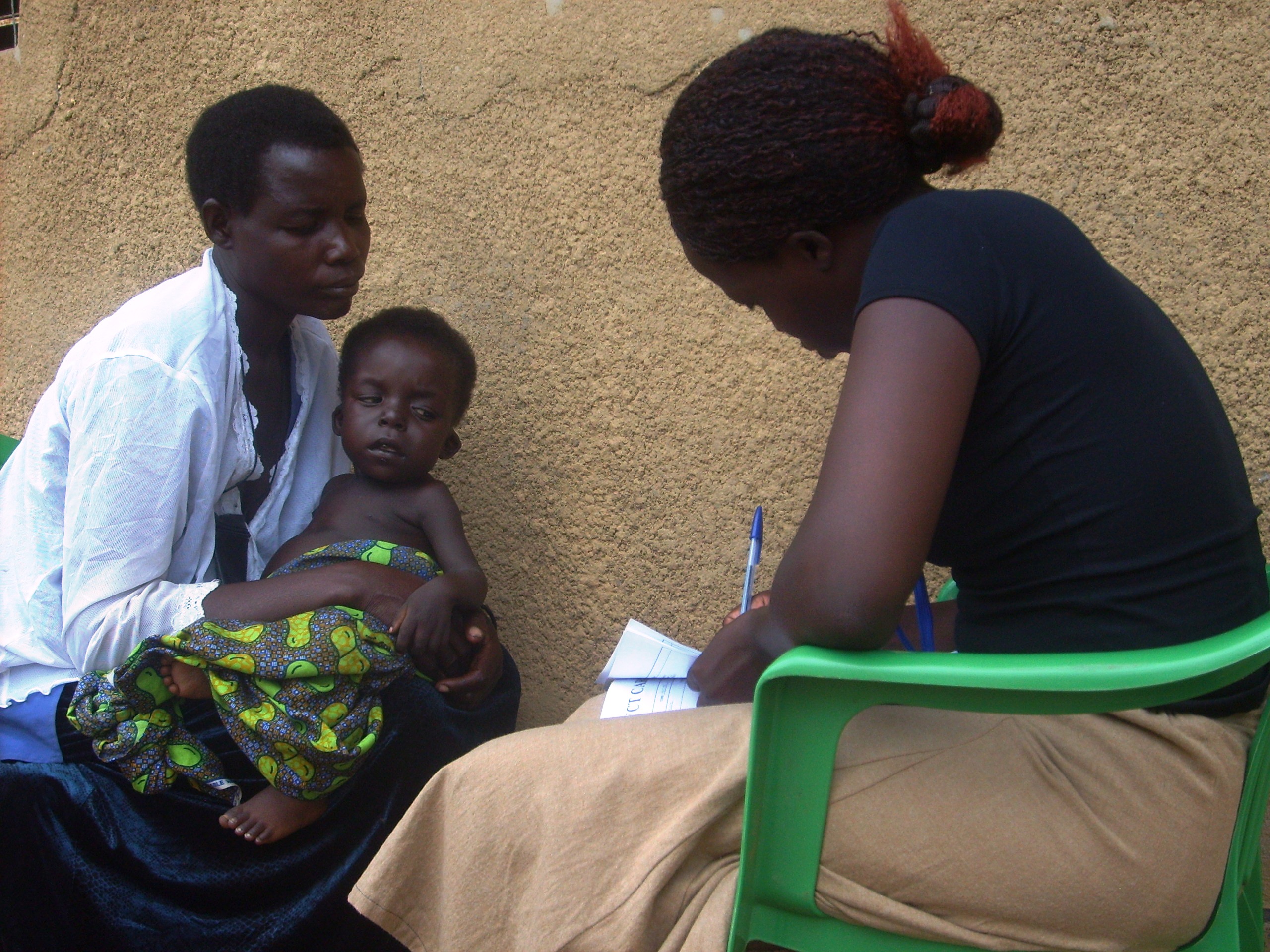“I talk to them and they tell me they are afraid,” Margaret Mapunda, a trained community health worker in Tanzania’s commercial capital, Dar es Salaam, told IRIN/PlusNews. “Some want [children] but they don’t know what to do and just conceive and go to traditional birth attendants to deliver.
“Many are taking antiretrovirals and they don’t even know which contraceptives are good and bad,” she added. “They do not ask because of stigma. Some say they are abused at health facilities.”
Since 2008, more than 3,000 couples have received family planning services from home-based care service providers in the areas of Dar es Salaam, Arusha and Kilimanjaro under the Tutunzane – Swahili for “let’s care for each other” - project, run by reproductive health NGO, Pathfinder International.
Family planning needs
A 2009 study conducted in the northern Tanzanian region of Mwanza and published in the journal, AIDS, found numerous potential benefits of offering family planning counselling as a part of antenatal services, particularly in clinics offering HIV testing.
According to Children and AIDS, Fourth Stock Taking Report 2009, by the UN Children’s Fund, as many as 130,000 HIV-positive Tanzanian women become pregnant every year; 53 percent of these have access to prevention of mother-to-child transmission services.
A study carried out by Pathfinder International in 2008 found that 90 percent of home-based care providers were willing to add family planning services to their activities but lacked adequate training. So far the project has trained about 250 community health workers to integrate family planning messages into their HIV counselling.
“Community home-based care service providers are very low cost and they interact more with people living with HIV than anybody else; they therefore provide a perfect opportunity to reach out to them, including with family planning services,” said Judith Rwakyendela, reproductive health and family planning programme officer at Pathfinder International.
Johannes and Vivian Murliryianga*, from the Dar es Salaam suburb of Sinza, have five children; they are now receiving counselling from a community health worker as they try to prevent more pregnancies. Unfortunately, they learned about prevention of mother-to-child transmission too late to stop their youngest child from contracting HIV.
“I normally did not go to a government hospital, I just had my babies at a clinic run by some lady to whom we give small money and she allows you to give birth at her place. We just call her shangazi [auntie],” Vivian said. “I was surprised when my child tested positive; I didn’t even know children could get HIV.”
Under the Pathfinder programme, couples like Vivian and Johannes are given family planning advice according to their situation and needs.
“As you know family planning methods are many - we just give them choices depending on what they prefer and the situation,” Mapunda said. “You will get some married couples telling you they prefer condoms, especially among discordant ones; some want pills. We counsel them on the merits and demerits of each.”
Involving men
She noted that while counselling had been largely successful, encouraging men to participate had been a challenge. “We have seen more success where fathers agree to join the programme but not all are willing and it becomes very difficult because it means the mother does many of the things secretly,” she said.
“Imagine trying to give these services to a woman who fears disclosing her status or whose husband’s status is unknown; it is a challenge but we try what we can,” she added.
ko/kr/mw
This article was produced by IRIN News while it was part of the United Nations Office for the Coordination of Humanitarian Affairs. Please send queries on copyright or liability to the UN. For more information: https://shop.un.org/rights-permissions
